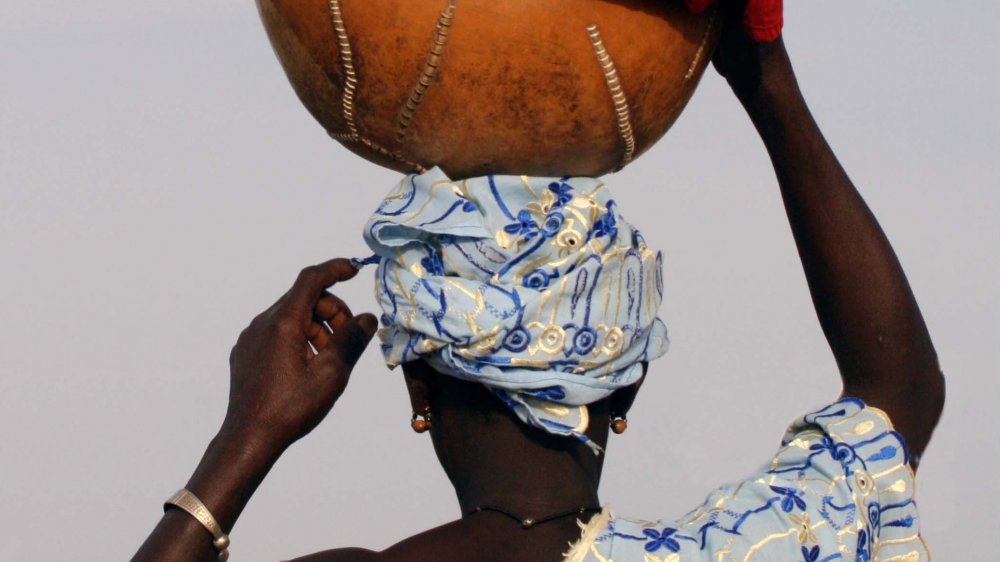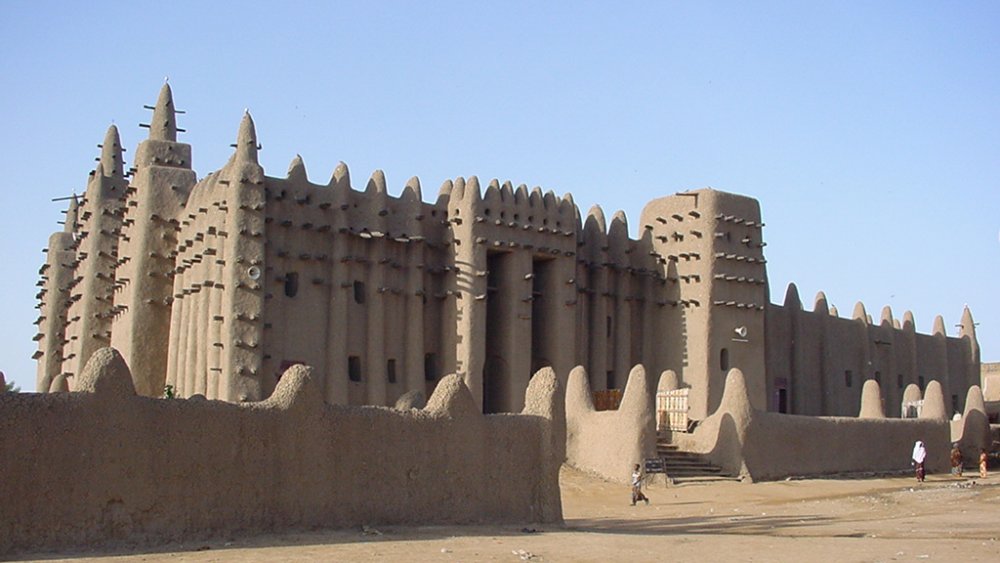What Life Was Like For Women In Ancient Mali
The Ancient Mali empire occupied a large portion of the West African continent from 1230-1468 CE. According to Ancient, the empire was formed from the remnants of the crumbling Ghana Empire, which ruled from the 6th century to 13th century CE, when Malinke prince Sundiata Keita forged an alliance with fellow chiefs who grew tired of the old rule. At the battle of Krina, Sundiata defeated the Sosso and began a legacy of art, Islam, and architecture composed of signature "beaten earth" (banco) such as that of Sankore mosque in Timbuktu, which became a cultural center of the empire. King Mansa Musa, who ruled from 1312-1337, reportedly the richest man who ever lived, famously undertook a pilgrimage to Mecca with 100 camels carrying 135 kg of gold dust each, 500 slaves who carried a 2.7 kg gold staff each, and a coterie of tens of thousands.
Modern Mali is very patrilineal place that has been undergoing extensive reforms in recent years regarding gender equality. According to Professor Gail McEachron of William and Mary School of Education, 93.7 percent of the Mali women undergo female genital mutilation, and then go on to give birth to an average of 6.89 children each. In 2011, however, Mali had its first female Prime Minister, Cisse Mariam Kaidama Sidibe, per Aspenia Online, and much of the silence regarding traditional gender roles has been lifted. In 2015, The Bamako Agreement assured a quota of 30 percent women appointed to government positions.
Islamic law mingles with traditional customs
Regarding the role of women in ancient Mali, there is, unfortunately, very little firsthand information. Much can be inferred, and decent insight comes from Ibn Battuta, who, according to Britannica, was a traveler and author of the medieval Muslim world who traveled 120,000 kilometers during his life.
Upon visiting Walata, an ancient Mali city now in southeast Mauritania, Battuta was appalled at what he considered poor manners for a Muslim society. One anecdote recounts him visited a judge's (qadi) house and being greeted by an attractive young woman, which he considered inappropriate. In another instance he visited a scholar's house and found the man's wife in conversation with someone who was not her husband. When Battuta called out what he believed to be the impropriety of the situation, the man talking to the scholar's wife said, "The association of women with men is agreeable to us and a part of good manners, to which no suspicion attaches. They are not like the women of your country." In another story, Mansa Musa, on the aforementioned visit to Egypt, as stated on Global Security, was told by an Egyptian official that concubines were not allowed according to the Quran. Musa, it's recorded, renounced the practice on the spot.
Based on these accounts, it seems that Mali women lived at the intersection of Mali custom as interpreted by the Quran, with perhaps some tension when abutting the views of those outside of their own culture.

